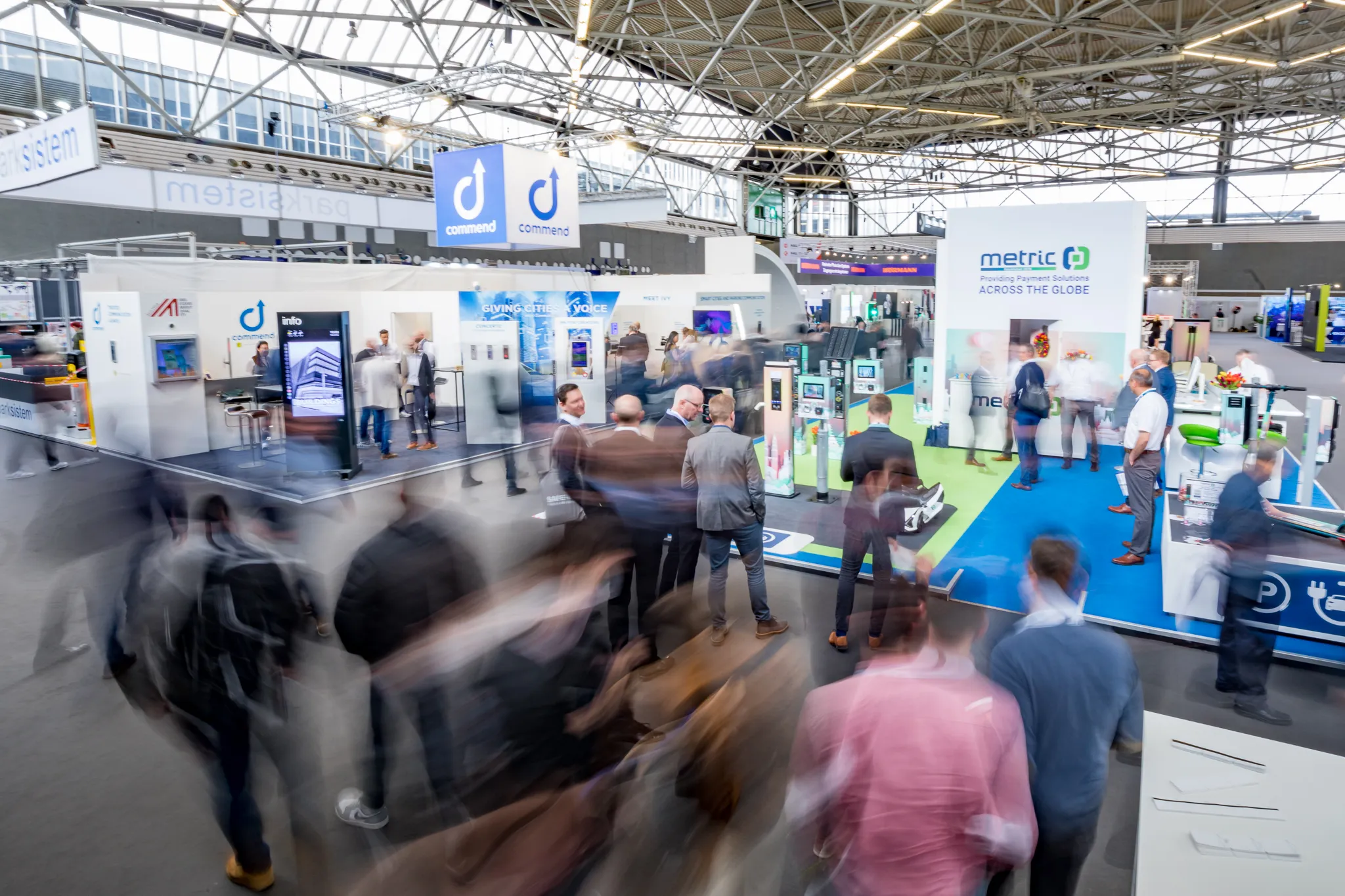
Intertraffic is a place to do international business, as is being demonstrated by a series of contract and MOU signings at the show.
Three significant signings are taking place in the Dutch Pavilion the first of which was by UK enforcement specialist Redspeed, which signed a deal with Dutch approval body NMI. This will see NMI testing Redspeed’s speed cameras and ANPR equipment for the bespoke approval standards of all countries outside of the UK.
At the same time an MOU was signed between the Spanish testing facility Idiada and the management of the Lelystad Airport Businesspark to set up a controlled environment to test self-driving vehicles. Lelystad is set to expand to be the Netherlands’ second largest airport by 2018 – around the time the autonomous vehicle testing is expected to begin.
The test environment will encompass both closed test facilities and public roads, possibly extending onto the A6 into Amsterdam, and is expected to encompass both cars and heavy goods vehicles.
And today at 16.30, visitors can witness the signing of another agreement between the Netherlands’ Vehicle Authority (RDW) and the country’s Organisation for Applied Scientific Research (TNO) for the permanent exemption of TNO’s cooperative vehicles, technology that is currently prevented by legislation.










